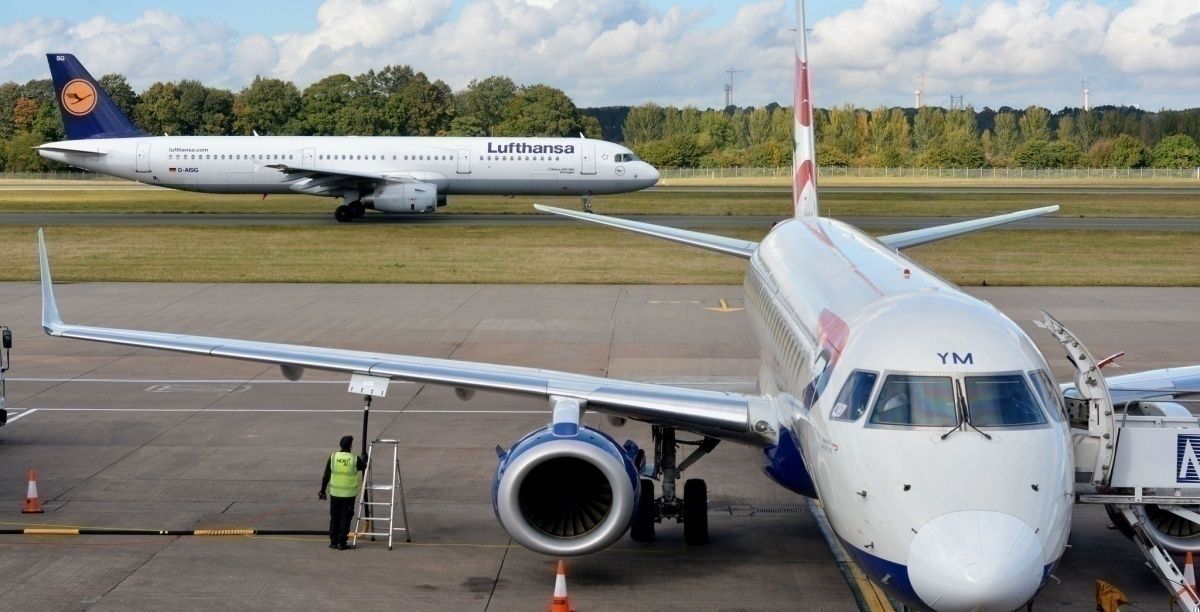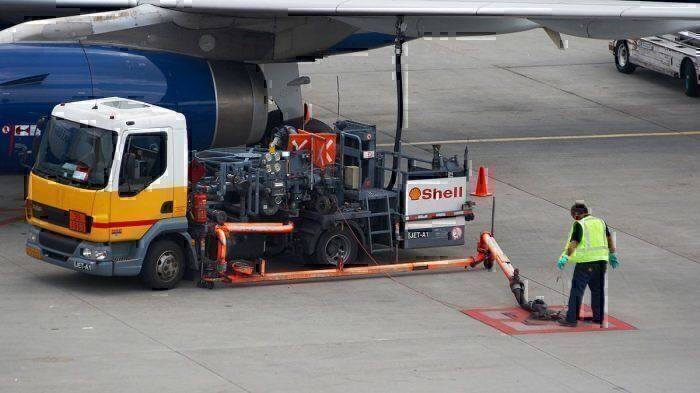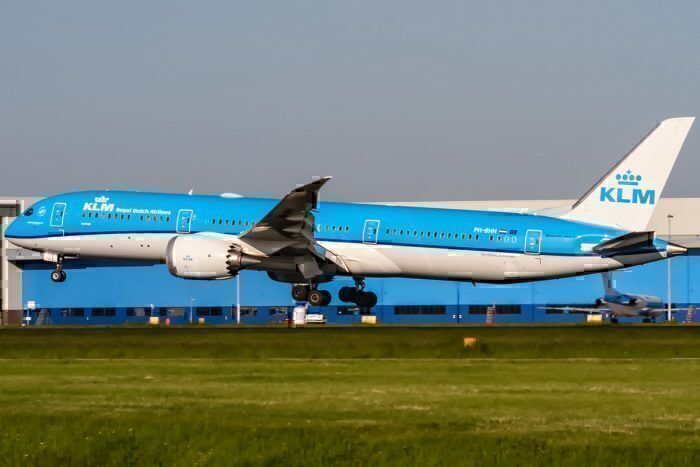The European Commission could soon push for an EU-wide jet fuel tax. Jet fuel is currently exempt from fuel tax within the EU, but the ever-present issues of carbon emissions and climate change are making a potential jet fuel tax more and more appealing.
Unlike other fuels, jet fuel is still untaxed tax in the EU. In fact, globally, jet fuel holds a tax status which is rather unusual compared to other types of fuel.
In 1944, a global agreement called the Convention on International Civil Aviation was signed which prohibits taxation of any jet fuel currently onboard an aircraft when it lands in another country.
Recently, the EU has been looking into possible taxes which could be applied to jet fuel. These would help encourage the further reduction of carbon emissions within the aviation sector, as well as raise additional tax revenue. This could then be put towards national budgets and further green initiatives.
Although EU member states are currently allowed to tax jet fuel used in domestic aviation, none do.
According to Euractiv, the European Commission conducted a study with a test taxation rate of 33 cents per litre of jet fuel. The study revealed that revenue from such a tax imposed across the EU would amount to €27 billion per year.
There’s undoubtedly an environmental case for encouraging airlines to decarbonize further, and there’s certainly a financial incentive for governments across the EU to support such a tax on jet fuel.
But how would it affect European airlines themselves, considering so many of them survive of such tight profit margins?
The effect of a jet fuel tax on airlines
Aviation accounts for around 2% of total global CO2 emissions. In the grand scheme of things, it might not seem like that much, but there is potential for significant CO2 reductions if taxation is implemented correctly.
As reported by the Financial Times, a leaked European Commission report into the potential impact of a jet fuel levy gives us some figures to consider.
The report says that if jet fuel was taxed at €330 per thousand litres in the EU, average ticket prices would rise by 10%. Additionally, the number of travellers per year would fall 11% to 613 million. The key figure, however, is the 11% drop in emissions this fuel tax would drive. This would be achieved whilst having a 'negligible' negative effect on employment.
Obviously, when it comes to winners and losers from a jet fuel tax, the more fuel-efficient airlines would come out on top.
Airlines with more fuel-efficient fleets and higher passenger load factors would feel much less of an effect from jet fuel taxation. Additionally, as all European airlines would have to pay the same taxation rate, they would all be put at the same comparative disadvantage.
Competition from outside the EU
However, an EU-wide jet fuel levy would cause some problems when it comes to competition from outside the EU. If foreign airlines continued to pay no tax on their jet fuel, EU airlines would immediately find themselves at a disadvantage.
As a result, coordinated action on jet fuel taxation would be required from governments around the world to really have an effect. But, after all, someone has to start somewhere.



